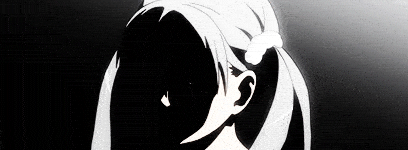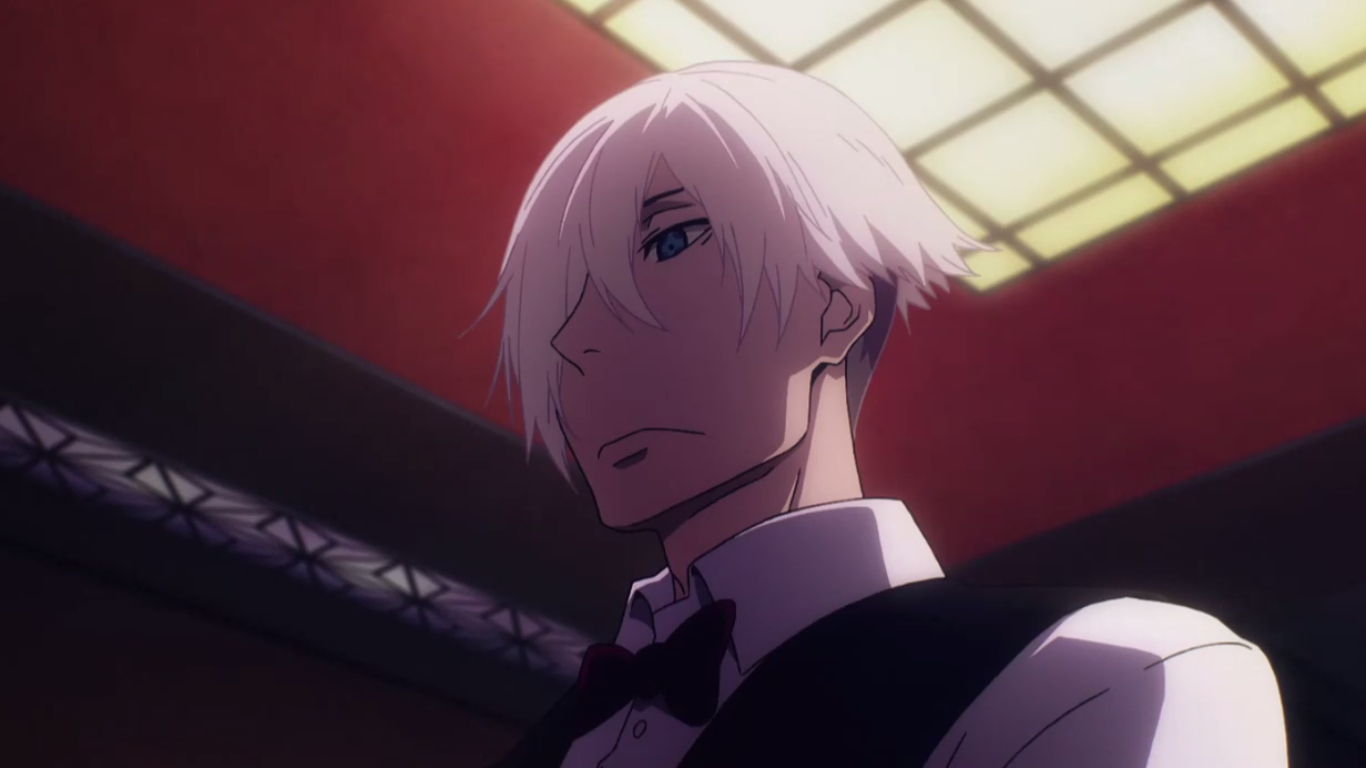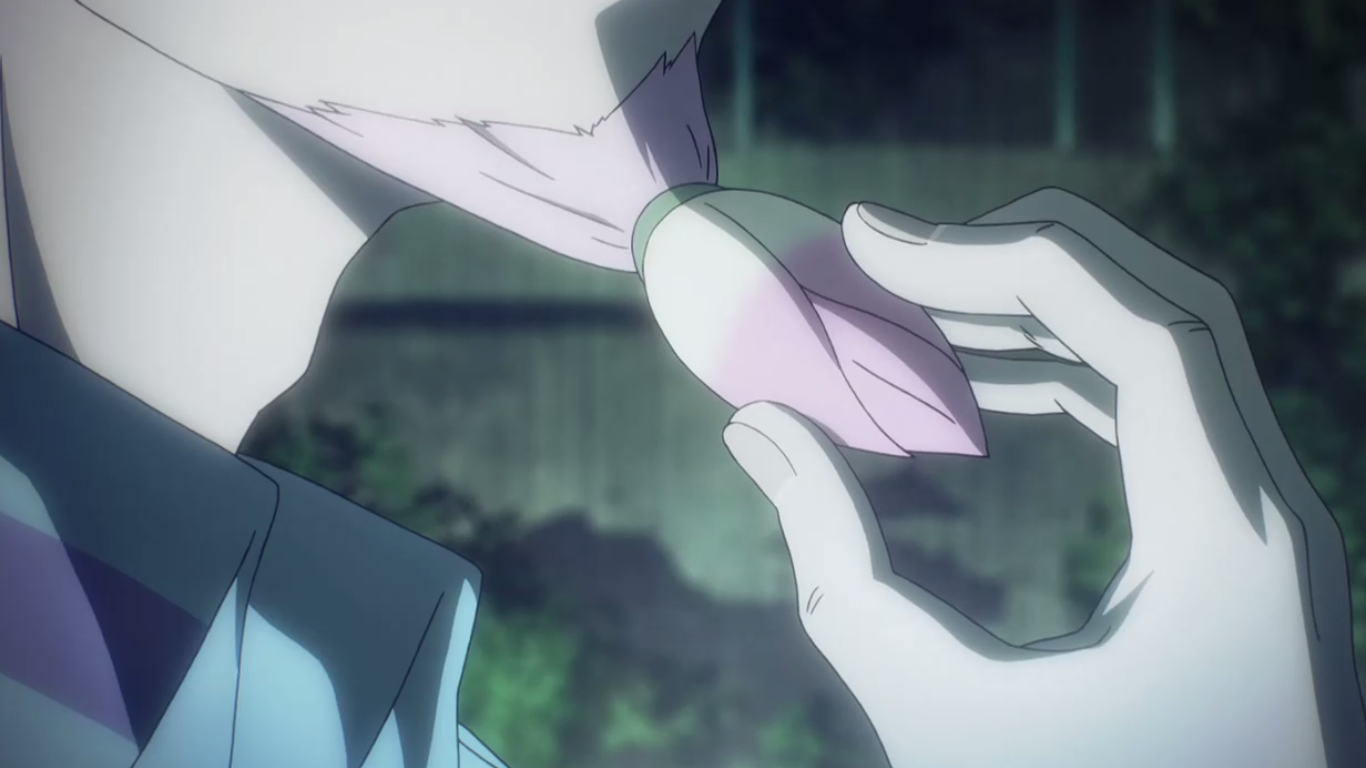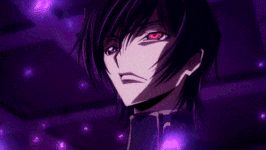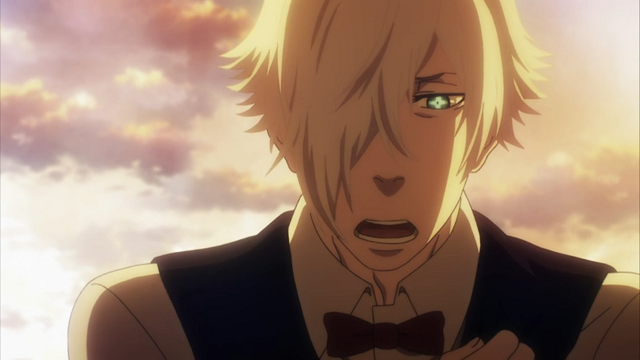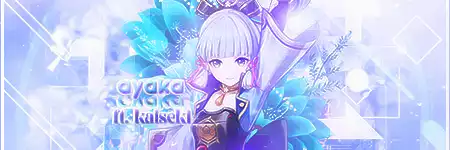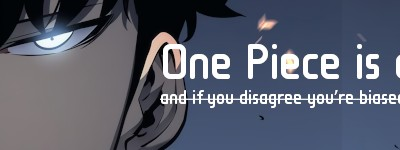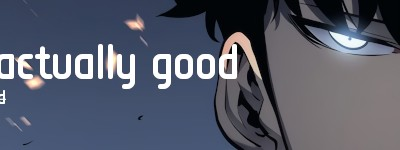And so we come to the end.
This episode was mainly concerned with the judgement of Chiyuki and Decim's human emotions.
The scenes where we were watching her mother's sadness over her death made me tear up once again...this damn show knows how to make you feel sad.
In the end, we sort of learnt the lesson that to truly be able to pass judgement over humans, you must understand their pain and suffering. Decim did just that, and then was able to fully pass judgement over Chiyuki. Although I agree with this assessment of the judgement process of the arbiters, I also think that Decim didn't necessarily have to go through all of the trouble that he went through in order to reach the answer of reincarnating her soul. As well, most of the judgements given in the series we see are generally what I would consider to be the "correct decisions". Ultimately I think that having to understand the human experience is a tool that can aid in the judgement of people's souls, but one that isn't necessary in a lot of cases in order to pass a judgement that is sufficient. The show DOES show us instances where the arbiters could have used sympathy with the humans they were judging, such as when Ginti was determining where to send Mayu and Harada (they did NOT deserve the void). So it is something that I think isn't one hundred percent necessary but it it something that can help a great deal in certain situations with certain types of people.
Overall, Death Parade is a story that makes you think about a lot of things. It causes you to think about your own life, your death, how your loved ones would react to your death, the value of your own soul, if there is an afterlife, and ultimately if there is one, where would you end up? It also calls into question what type of being is even suited to judge other people's souls. In this way, the show constantly has you thinking, or least it had me thinking quite a bit.
The cast of characters in Death Parade were...alright. Decim as the stoic but lowkey emotional arbiter was a good protagonist, although I would have liked if his emotions were shown a little more spread out throughout the show instead of being mostly contained to the final few episodes. Chiyuki was also a nice character who's human emotions contrasted nicely with Decim's matter-of-fact behaviour. These characters get the most development in the show by far. In contrast, the rest of the characters (Nona, Quin, Ginti, Oculus, Clavis, and Castra) comparatively do not receive much development at all. Nona, Oculus, and Ginti all get a little time for us to understand a bit of their characters and personality, but I feel as though they could have been more fleshed out, especially Clavis and Castra. Although, I'm not sure if increasing the episode count could have alleviated this, because I'm not too sure for how many episode the premise of this show is sustainable for.
Each of the games contained within the show are done expertly, I don't have any complaints with the execution of them at all. Each one touches upon a new dynamic and a different facet of of human emotions and relationships. Themes such as trust, revenge, love, family, and more are explored in these games. They really make you think about your own life situation and the ways in which your life has unfolded, the things that you would leave behind if you died. I can't believed the amount of times the show made me tear up! Some standouts to me include the darts, bowling, arcade (the otaku NEET portion), and the air hockey two-parter. If I'm allowed be a pretentious douchebag for a moment, the games themselves remind me of Socrates' Socratic Method, which is a method of drawing out underlying truths about the world through a dialogue between two people. In the same way that Socrates envisioned a conversation wherein two people break down an idea into its essential components, we see two people participate in these "death games" and come to realizations about certain aspects about the nature of human life. We eventually see these pairs of characters come to understand their place in the world, and how certain things (such as trust and revenge) have caused their lives to end up where they are. Now, pretentious douchebaggery begone!
One thing that continually caught me off guard about the show was its excellent animation. We see a lot of amazing character acting and expressive movement with these characters, which makes them honestly feel like living, breathing people. The show also contains some really good CGI, which is used to move around and through environments which feels as though you are in a rollercoaster ride flying through the setting of the Quindecim bar.
Another thing that I really liked about the show was its music. The show has some really awesome jazz tracks that really get you into the mood of the scene, whether it be upbeat and high tempo or slow and melodic. Pretty good stuff, and I'm listening to it right now as I write this review.
Now, something that I didn't like about the show was it felt like they teased a few storylines that didn't quite go anywhere. Plot threads such as the fact that people are dying faster than normal, the fact that God has "left", as well as the characters of Oculus and Castra which the show hinted at having a deeper story behind, but we never actually got to see that. The show as well seemed to portray Oculus as a kind of villainous element near the end, but it never really followed through on that. I also felt as though there was hints given to something larger going on behind the scenes, but in the end it was something simple (Decim being implanted human emotion). Another thing that, at the very least, left me feeling confused, was why it took so long for Ginti to pass judgement on Mayu and Harada. I think it was a relatively simple judgement...perhaps he was attempting to find his own way to understand humans, that was the interpretation of those events that I landed on when I watched. Still, that part was a little confusing and felt very slightly unnecessary. I feel like these parts of the show could have been either expanded upon or cut entirely. As it stands it feels like the show builds up some elements that don't get expanded upon later. Perhaps it was the intention of the creators to leave some things unexplained, but I don't know if that is actually the case or not.
Despite these grivances, I still think Death Parade is a really good show. It's a show that make you think about life and death, and the many ways in which people can form relationships with one another. It makes you think about your own relationship with living and dying and how you would feel if you died. Are you a good person, or a bad person? Do you deserve to be reincarnated, or sent to the void? These aren't questions meant for us to answer though. That task, is up to the arbiter on the 15th floor of the tower, at the bar named Quindecim.
Overall Rating: 9/10 |
